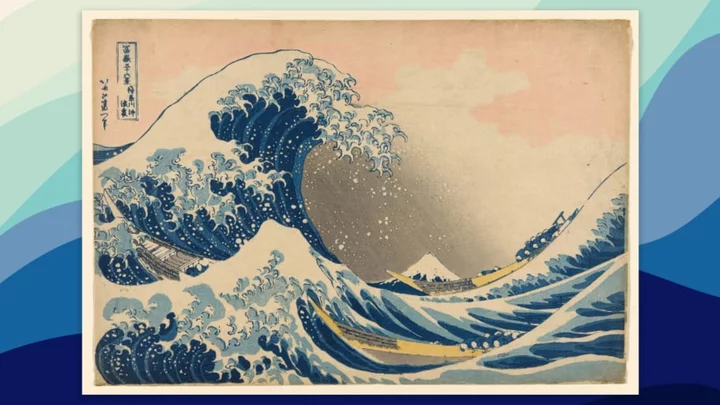Sneak out of a party without telling anyone you’re leaving and you might be accused of an Irish goodbye. Whether it’s rude or perfectly acceptable behavior is up for debate.
Also up for debate is why we call it an “Irish goodbye” (or “Irish exit”) in the first place.
Not That Kind of Irish Goodbye
According to the most commonly cited theory, the expression is based on the harmful stereotype that Irish people are prone to over-imbibing. You opt for an Irish goodbye either because you don’t want people to realize how drunk you are, or you’re simply too drunk to make the rounds. The Rice University Neologisms Database claims that it originated in Boston.
But it’s tough to substantiate that (or any) theory. For one thing, early references to Irish goodbyes and Irish exits don’t reflect our modern-day understanding of the concept. Throughout the mid- to late 20th century, the phrases popped up to describe just about anything involving Irish people or Ireland and leaving.
In his 1952 memoir Rose and Crown, Irish writer Sean O’Casey bids farewell to New York after a 1934 trip with “an Irish blessing and an Irish goodbye to America’s people who shall never have an ending, never have an ending, never have an ending.” And when a South Carolina newspaper reported that a local military family was moving to Dublin in 1959, the writer explained that while “We don’t know the proper way to say an Irish goodbye … we want you to know that all of us here have enjoyed knowing you.”
That same year, one teen organization threw a farewell party for its departing seniors on St. Patrick’s Day, so the chosen theme was “An Irish Goodbye”—complete with Irish songs and a skit. And in 1963, an Irish police officer in New Jersey was given a “formal Irish ‘goodbye’” at a luncheon held in his honor. The usage of the phrase during this time period suggests that Irish goodbyes were typically characterized as heartfelt, if not downright festive.
Should I Stay or Should I Go?
Further evidence that Irish people weren’t always known for surreptitiously sneaking out of social events comes from a 1996 edition of London’s Evening Standard in which American politician Thomas Foley is quoted as saying that “the English leave without saying goodbye, and the Irish say goodbye and never leave.” Variations of that axiom can be found all over the place, with the Irish swapped out for Hungarians, Poles, Neapolitans, and Jewish people.
And before the disappearing act got attached to England or Ireland, it was best known as a French tendency. The first written reference to French leave, described as “when one slily elop’d; nor left coin or excuse,” is from 1751. Per Quartz, linguist Anatoly Liberman believes that Brits may have created the expression either to reflect French guests’ habit of departing a party without bothering the host with goodbyes or French soldiers’ purported penchant for desertion. In response, French people just started calling the behavior “leaving the English way” instead. Other iterations of the phrase include Dutch leave and, in Germany, polnischer Abgang (“Polish exit”).
In short, everyone’s pretty keen to call out another culture’s impolite exit strategy, whether it’s overstaying one’s welcome or slipping away without so much as a “See ya!” It’s unclear when or why Irish people earned a reputation for the latter—but they probably don’t do it any more than anyone else.
Have you got a Big Question you’d like us to answer? If so, let us know by emailing us at bigquestions@mentalfloss.com.
Are you a logophile? Do you want to learn unusual words and old-timey slang to make conversation more interesting, or discover fascinating tidbits about the origins of everyday phrases? Then get our new book, The Curious Compendium of Wonderful Words: A Miscellany of Obscure Terms, Bizarre Phrases, & Surprising Etymologies, out now! You can pick up your copy on Amazon, Barnes & Noble, Books-A-Million, or Bookshop.org.
This article was originally published on www.mentalfloss.com as Why Is Sneakily Leaving Called an “Irish” Goodbye or Exit?.









